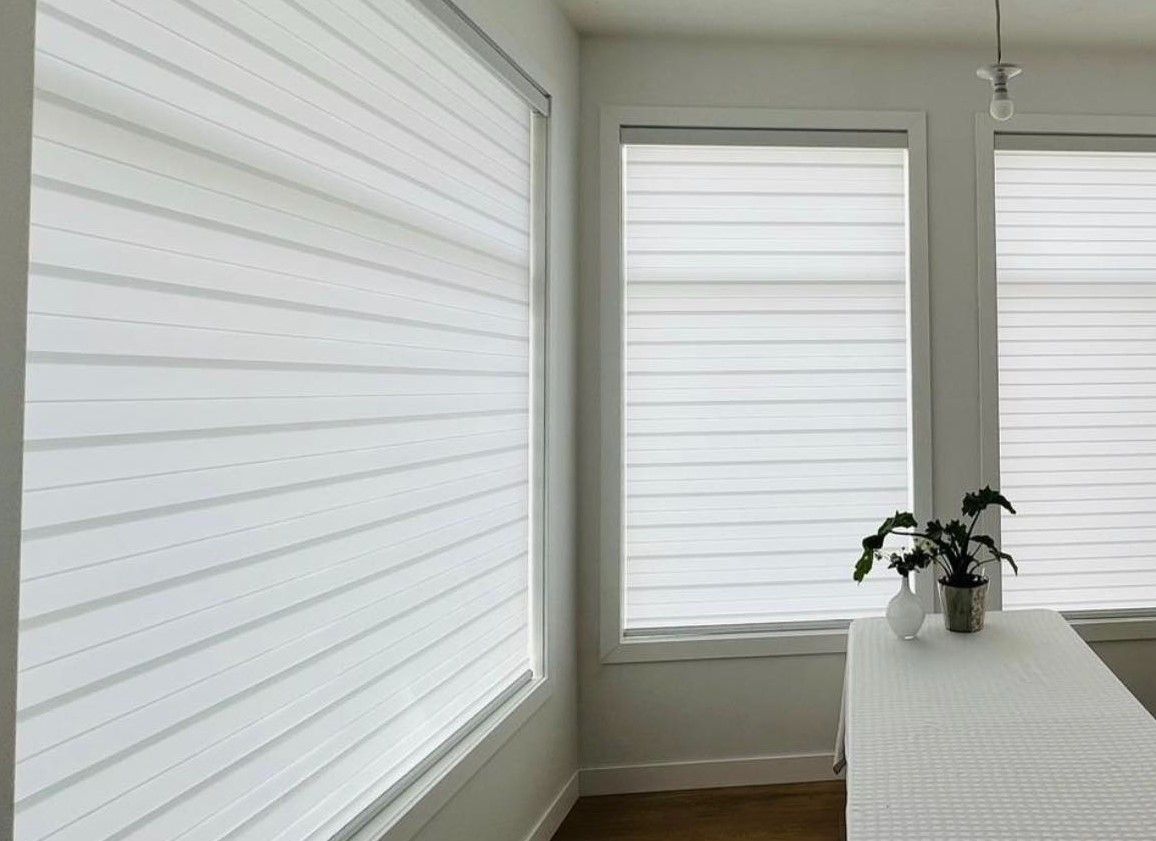Why Consignment Furniture Is the Sustainable Choice
In a world that is becoming increasingly aware of environmental impact, consignment furniture studios are playing a crucial role in sustainable living. Choosing to buy or sell furniture through consignment not only helps your wallet, but also contributes significantly to reducing waste, conserving resources, and minimizing carbon footprints. In this blog, we explore why consignment furniture is one of the most eco-friendly choices you can make in your home furnishing journey.
The Environmental Cost of New Furniture
The furniture industry is responsible for a considerable portion of global waste. Consider these eye-opening facts:
- Over 12 million tons of furniture are thrown away each year in the United States alone.
- The production of new furniture often involves the cutting down of trees, the use of chemical-laden materials, and high-energy manufacturing processes.
- Many mass-produced pieces have short lifespans, ending up in landfills within just a few years.
What Makes Consignment Furniture Sustainable?
1. Extends Product Life Cycle
By rehoming existing furniture, consignment extends the useful life of each piece. Well-made furniture can last generations, and consignment ensures it continues to serve rather than become waste.
2. Reduces Resource Consumption
No additional trees are cut, no extra metals mined, and no energy-intensive factories are needed when you choose pre-owned furniture. This drastically lowers the environmental toll associated with manufacturing new goods.
3. Decreases Landfill Waste
Every item sold through a consignment studio is one less item that ends up in a landfill. With landfill space rapidly dwindling, this is a significant benefit.
4. Supports a Circular Economy
Consignment is a perfect example of a circular economy—a system that keeps goods in use for as long as possible, extracts maximum value, and recycles or reuses materials.
5. Promotes Conscious Consumerism
Buying consignment encourages thoughtful purchasing and discourages the fast furniture mentality of cheap, disposable furniture.
Comparing Carbon Footprints
A new sofa can have a carbon footprint of over 90 kilograms of CO2 emissions, factoring in materials, transport, and production. Now compare that to a consignment sofa, which has already been produced, transported, and used. Buying consignment reduces or even eliminates this carbon impact, especially if sourced locally.
High Quality = Longer Life
Most consignment studios only accept quality pieces. That means your purchase is likely to be made from better materials and with superior craftsmanship than many mass-market options. This quality ensures longer life and less need for frequent replacement.
How to Make Eco-Friendly Choices in Consignment
- Shop Locally: Supporting local consignment studios reduces transportation emissions.
- Look for Solid Wood or Reclaimed Materials: These are more durable and sustainable.
- Avoid Fast Furniture: Even in consignment, low-quality items won't last.
- Resell or Donate: When you're done with a piece, consign it again or donate it to keep the cycle going.
Additional Benefits Beyond the Environment
- Economic Support: Many consignment stores are small, independently owned businesses.
- Design Flexibility: Older pieces can be reimagined and refinished, extending their style relevance.
- Community Engagement: Consignment fosters a local network of sellers, buyers, and design enthusiasts.
Final Thoughts
Consignment furniture is a win for your home, your budget, and the planet. It allows you to make design choices that are not only stylish but also socially and environmentally responsible. By shopping consignment, you're casting a vote for sustainability, quality, and mindful living. Next time you need a new piece of furniture, consider visiting your local consignment studio—your choices today shape the future of our world tomorrow.
Share This Blog










